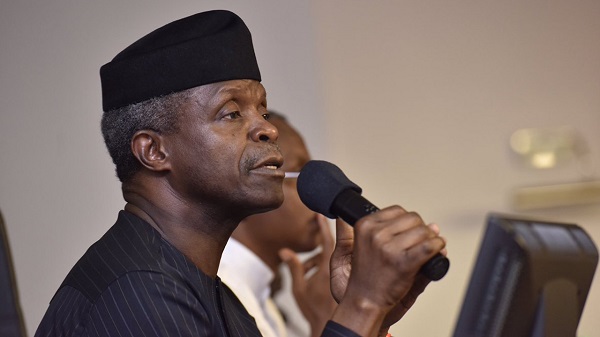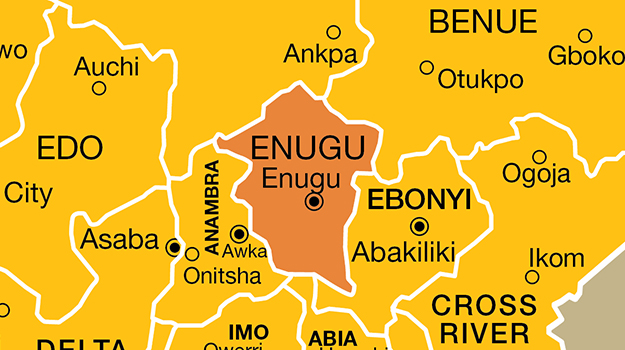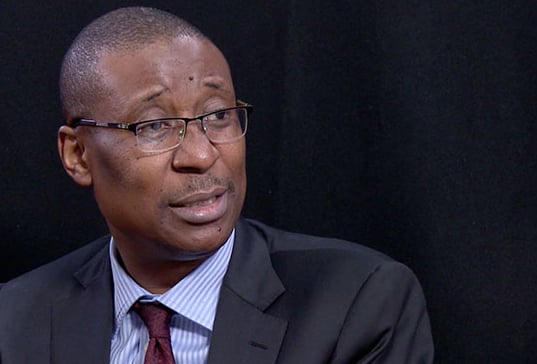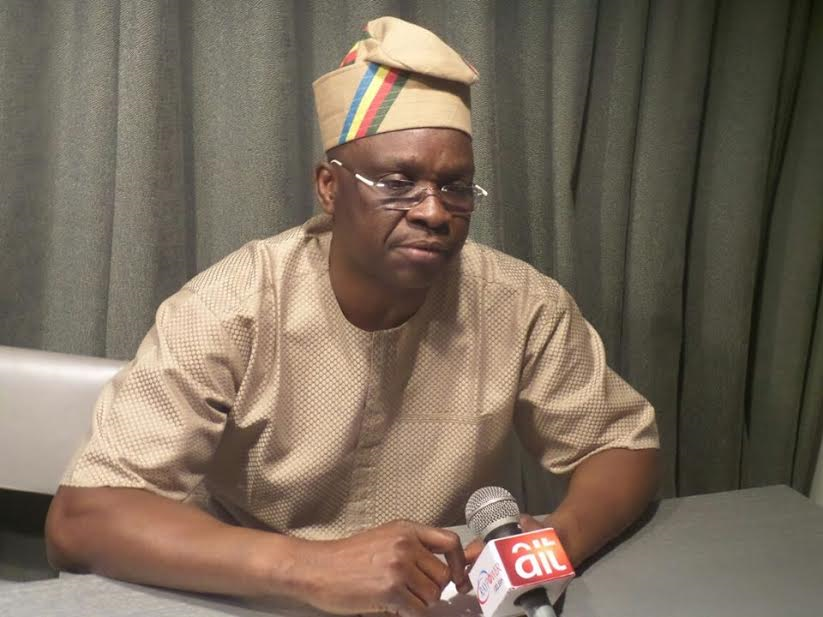Eyo Ekpo, former commissioner of market competition and rules (MCR) at the Nigerian Electricity Regulatory Commission (NERC), says the reduction of electricity tariff in March 2015 was a “patently bad decision”.
The current situation in the power sector is partly blamed on the tariff reduction, a decision said to have disrupted the long-term plan for achieving stable supply in the country.
Babatunde Fashola, minister of power, recently alleged that the decision was taken by NERC in order to help former President Goodluck Jonathan win the 2015 presidential election.
But NERC chairman at the time, Sam Amadi, in his response, said the decision was taken by him and his colleagues without interference from Jonathan.
Advertisement
Ekpo, under whose purview tariff issues were, has denied taking part in any meeting where NERC commissioners agreed to reduce the tariff.
He said his office was bypassed in the process and that he resigned from the commission because of the failure to reverse the decision.
He narrated his own side version of events in a letter to TheCable.
Advertisement
THE FULL TEXT
My name is Eyo O. Ekpo. Between 22nd December 2010 and 31st March 2015, I was Commissioner, Market Competition and Rates (MCR) at the Nigerian Electricity Regulatory Commission (NERC). In your edition of Friday, 14th July 2017, Dr. Sam Amadi, immediate past Chairman of NERC, is reported to have said: “I still strongly believe that my reading of effective regulation confirms that it (the decision taken on 25th March 2015 to reduce electricity tariffs) was a good decision to internalise efficiency in the distribution segment of the electricity industry… Sam Amadi and his colleagues changed the tariff through the normal due process and as part of the effective regulation of the sector.”
These opinions, stated as facts, give the impression that the 2015 tariff decision was a good decision unanimously taken by the seven (7) Commissioners of NERC in accordance with due process and regulatory best practice. That would be a wrong impression and this rejoinder seeks to correct the record strictly on these two points. I know nothing about, and I do not address, the question whether former President Goodluck Jonathan directed NERC to reduce tariffs just before the 2015 elections.
Below are the facts as known to Dr. Amadi at the relevant time:
- The immediate trigger to the tariff “reduction” was a memorandum from my Consumer Affairs colleague containing no technical analysis but seeking a reduction of the tariffs that had only just been reset on 1st January 2015 for a bilateral contract (electricity trading) market that had itself started only on 1st February 2015, after four years of preparatory work.
- This memorandum was written ostensibly in response to complaints from members of certain industrial customer classes – complaints that we had been hearing and responding to since we assumed office in 2010.
- I was on vacation at the time and sent an email to my erstwhile colleagues advising against a reduction and proposing three different alternatives for managing the pressure from these particular customers.
- Without considering my response and with no reference whatsoever to me or NERC’s MCR Division (responsible for tariffs), Dr. Amadi constituted an ad hoc committee of 3 NERC staff, two of them mid-level, none of them from MCR, to advise the Commission on this proposed tariff reduction. This was contrary to NERC’s established internal administrative procedures.
- Contrary to NERC’s statutory Business Rules and regulatory best practice, the extensive stakeholder consultations demanded by Dr. Amadi’s sudden intent to “reduce” electricity barely two months after a 12-month tariff review process did not take place.
- I wrote three separate emails between 18th and 22nd March 2015 to Dr. Amadi, pointing out that that NERC could not legislate market efficiency. I also noted that the timing was wrong and the consequence of going ahead would be a loss of NERC’s hard-won credibility with its key stakeholders, i.e., staff, FG, licensees and customers/the general public, and a huge setback to the power sector reform programme.
- The results from the first two months of operating cost reflective tariffs in a bilateral contract electricity market (which had started on 1st January 2015) showed significant increases in revenue collection and, very importantly, in remittance levels and adherence to market/system operation rules.
- In other words, market behaviour was changing for the better and “efficiency” levels had started to increase, which were precursors for increased investment into the sector.
- Immediately after the tariff reduction, I left the MCR Division in protest and resumed at the Consumer Affairs Division w.e.f. 1st April 2015.
- The tariff reduction was followed in April by the electricity distribution sector declaring force majeure and its inability to adhere to the recently effective bilateral contracts.
- The CBN also stopped disbursement of the N204bn Nigerian Electricity Market Stabilisation Facility (NEMSF) loan that had started in February 2015.
- 5 weeks later, my successor in office as Commissioner, MCR authored a memorandum dated 8th May 2015 to the Commission in which he expressed doubts about the wisdom of the tariff reduction.
- For the remaining 7 months of his tenure, Dr. Amadi filibustered every effort to correct what the entire NERC had clearly recognised was a grievous error.
- In May 2015, I concluded that the best option to take was to resign my appointment. Consequently, on 1st June 2015, I submitted my letter of resignation and ended my tenure as a Commissioner in NERC.
Dr. Sam Amadi cannot credibly say that the tariff reduction instigated by him in March/April 2015 was a good decision taken in accordance with regulatory due process. He also cannot say truthfully that all 7 Commissioners in NERC unanimously took that decision. I make this statement only for the public record and to ensure that I am not implicated in a patently bad decision that I rejected from the start, which I refuse to have on my record. Dr. Sam Amadi’s self-serving and pointless attempt to revise history should not stand.
Advertisement
Add a comment






